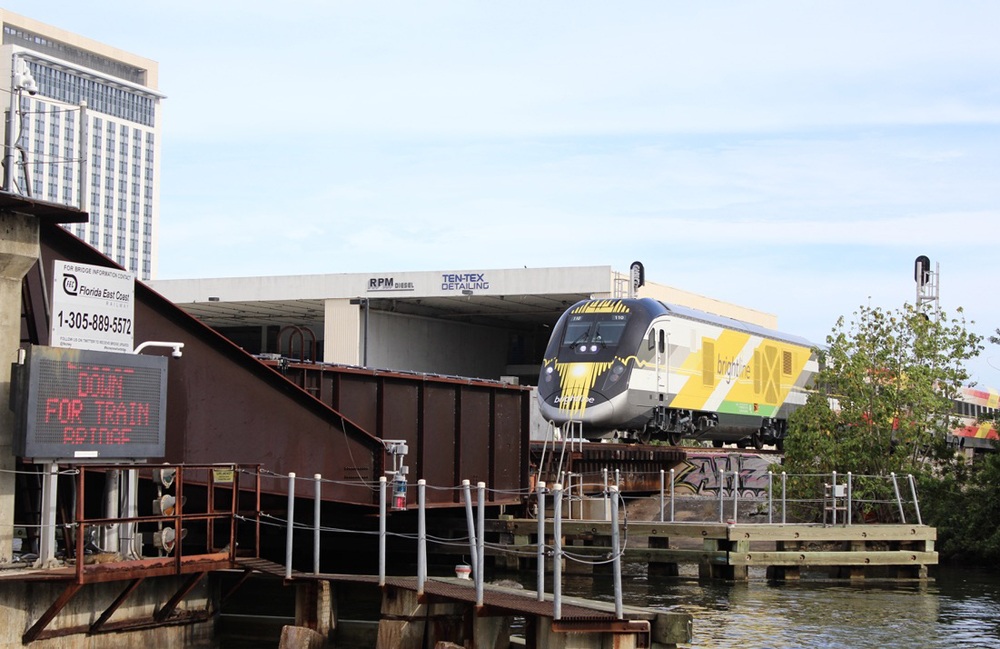
STUART, Fla. — The U.S. Coast Guard’s recent decision to mandate scheduled openings for a St. Lucie River drawbridge does not reflect protocols successfully implemented to the south in Fort Lauderdale when Brightline trains first began frequent operation in May 2018.
The “temporary deviation” from current rules published in the Federal Register calls for openings at 15 and 45 minutes past the hour for up to 15 minutes [see “Coast Guard to impose twice-hourly bridge openings …,” Trains News Wire, June 9, 2023]. That will come at the only single-track segment in the 129 miles between Cocoa, Fla., and West Palm Beach that will begin hosting 16 daily Brightline round trips to and from Orlando International Airport sometime this summer [see “Brightline tickets now on sale …,” News Wire, May 17, 2023].
Currently, the bridge closes only when a Florida East Coast Railway freight train approaches. Before closure, mariners are given a warning, allowing the FEC train to retain momentum and move through downtown Stuart without stopping.
Beginning June 21 and until Dec.17, 2023, that changes. The new rule will require all trains, that are unable to complete passage by the scheduled openings to be held until all marine traffic passes. The Coast Guard calls “temporary deviation” a test and is inviting comment before Aug. 4, 2023. Comments can be made via the Federal Register posting.
DispatchCo’s collaborative role
The latest ruling is a departure from the way rail and marine traffic interact at Fort Lauderdale’s New River drawbridge before and after hourly Brightline trains were first extended to Miami in May 2018.
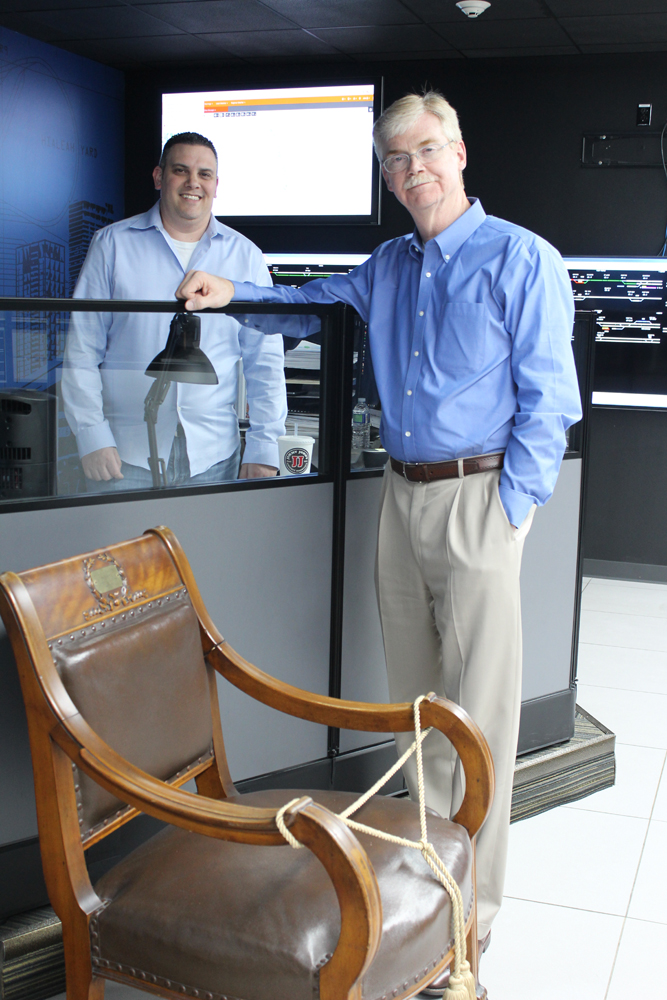
“The Fort Lauderdale experience was successful because we were able to find that middle ground and, no surprise, communication was the real key,” recalls Jay Westbrook.
Now retired, the former CSX passenger rail liaison with Amtrak was hired by what was then the parent company of both Brightline and FEC to create DispatchCo, an independent dispatching entity to evenly balance — in perpetuity — the competing needs of passenger and freight operations.
Finding middle ground and nonstop communication is exactly how DispatchCo, helped by generous capacity and infrastructure upgrades, keeps hourly Brightline trains on time and FEC happy. Similarly, Westbrook tells Trains News Wire, “mutual respect and trust” helped achieve peaceful coexistence between the railroad and over 400 members of the Marine Industries Association of South Florida.
“I virtually lived with those guys for a time to get things right,” he says. “I had everybody on speed dial; if something went boom I would call and say, ‘We’re in trouble here,’ so harbor personnel had the information before they heard from a boat captain that there was an issue.”
Brightline and FEC told the Coast Guard the same informative methods devised at Fort Lauderdale, such as a countdown clock and a real-time opening and closure app, would be employed when the Stuart bridge underwent extensive upgrades in April and May [see “FEC begins drawbridge rehabilitation …,” News Wire, April 19, 2023].
The Fort Lauderdale bridge and a new drawbridge crossing the Loxahatchee River at Jupiter, Fla., built during the last two years are shorter and double track. Realistically, the single-track St. Lucie River span will require longer closure times, especially if a long freight train is part of the puzzle DispatchCo dispatchers must solve. But their track record of handling fast, scheduled passenger trains is on display every day in South Florida.
No response from Coast Guard
Given the experience at Fort Lauderdale, why did the Coast Guard not keep the existing regulations in place for evaluation purposes once Brightline service began rather than put in a new rule?
That was one of nine questions emailed on June 12 to the Coast Guard’s public affairs office, as directed by Bridge Management Specialist Jennifer Zercher, the “for further information” contact given on the Coast Guard order. Other questions included:
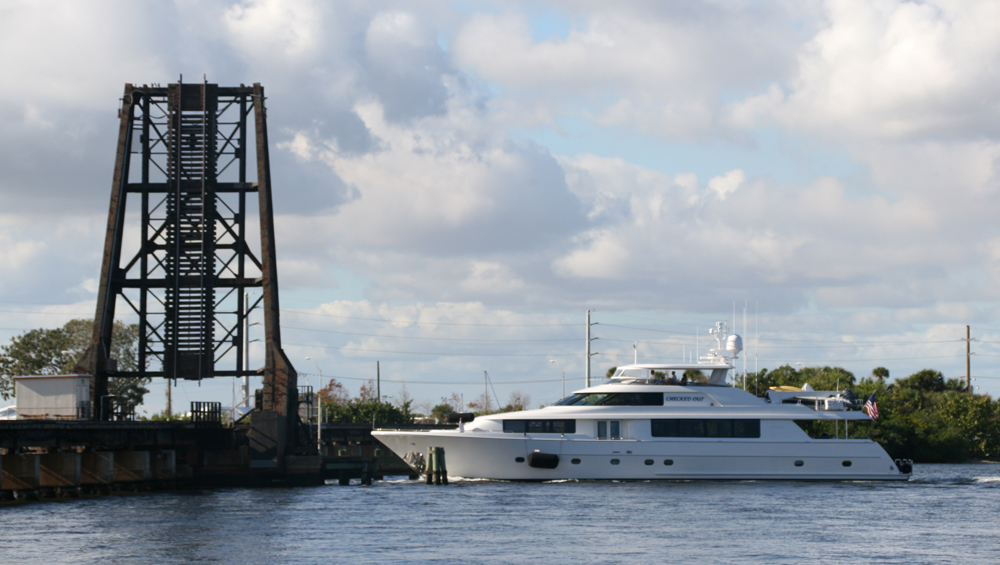
— Was there any formal modeling of freight and passenger schedules or a marine traffic study that determined the scheduled bridge opening times and duration?
— Was a separate protocol considered for freight trains, which operate infrequently, rather than have them stop for scheduled bridge openings and tie up highway traffic?
— In addition to comments on the previous “notification of inquiry” (2,358 were received), what other factors influenced this Coast Guard decision?
Despite a second request later in the week, News Wire received no response.
Federal Railroad Administration spokesman Warren Flatau told Trains News Wire on June 12 that his agency “is aware of the matter, but we have not communicated directly with the U.S. Coast Guard,” adding, “It is a certainty that FEC and Brightline will make their concerns known to the Coast Guard through the public comment process.” He says FRA staff he questioned is unaware of any other rail line where bridge openings are scheduled more than once per hour through the day at fixed times and of fixed duration.
When briefed on what the Coast Guard now has in mind, former DispatchCo head Westbrook remarked, “Wow! That’s going to be a real challenge!”






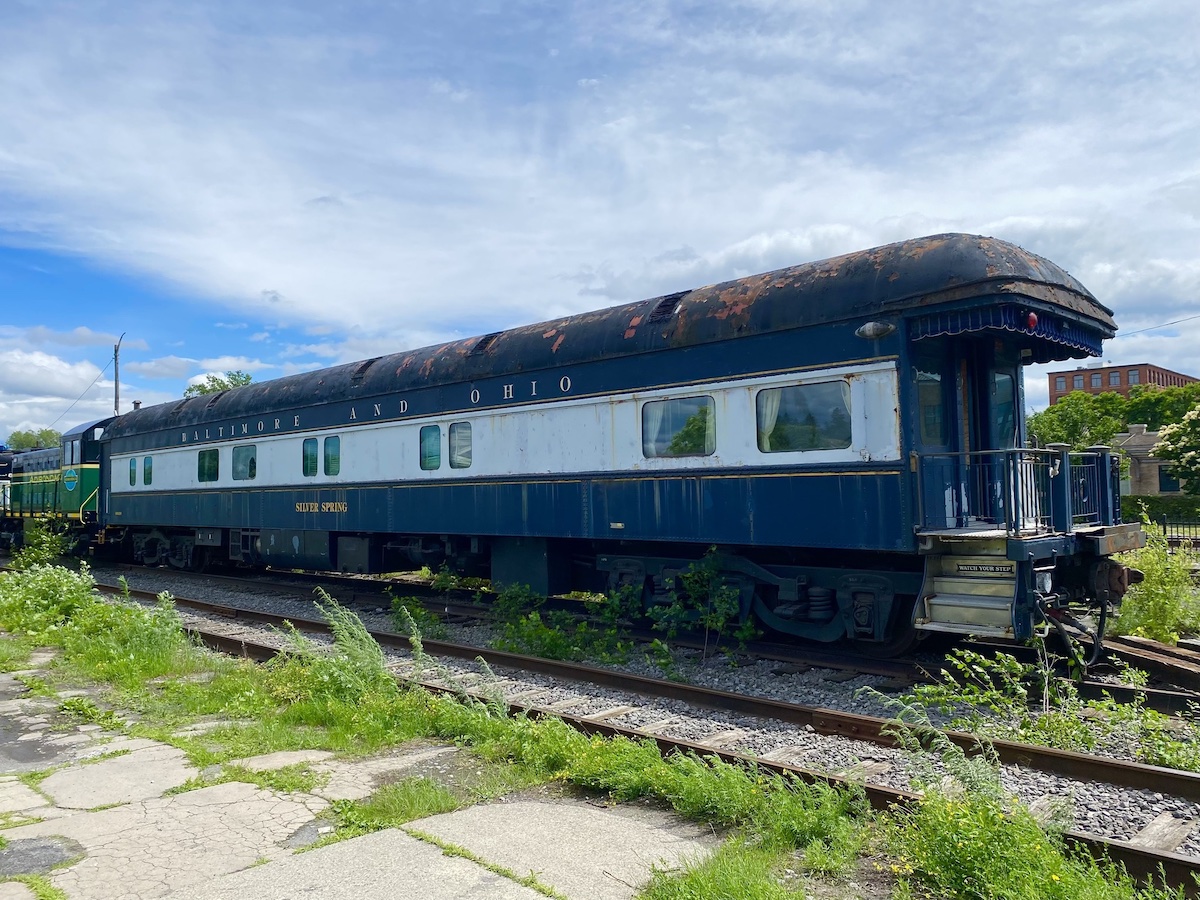
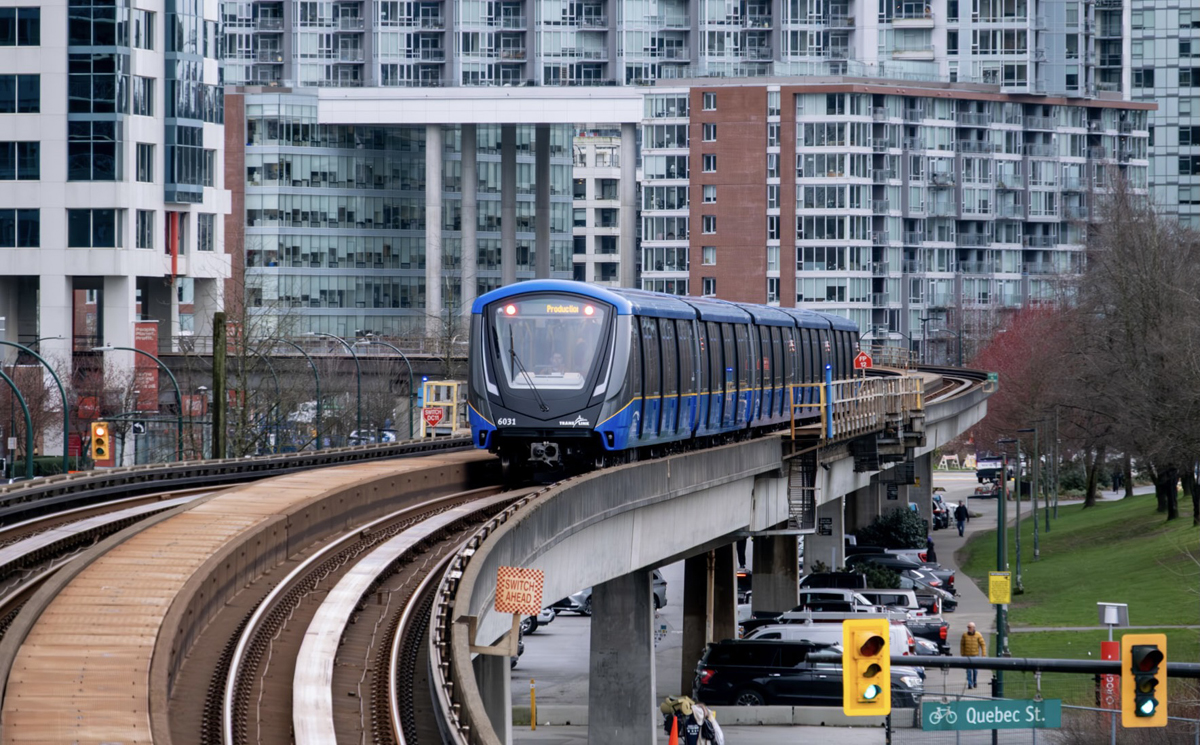
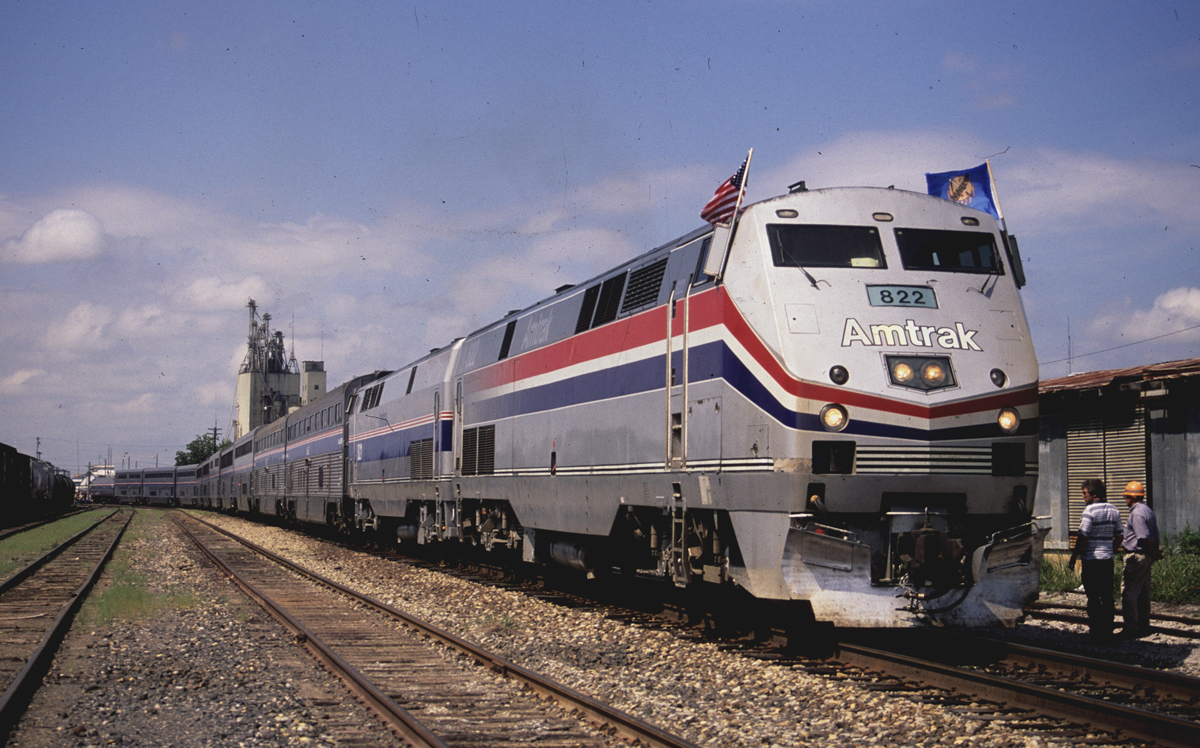
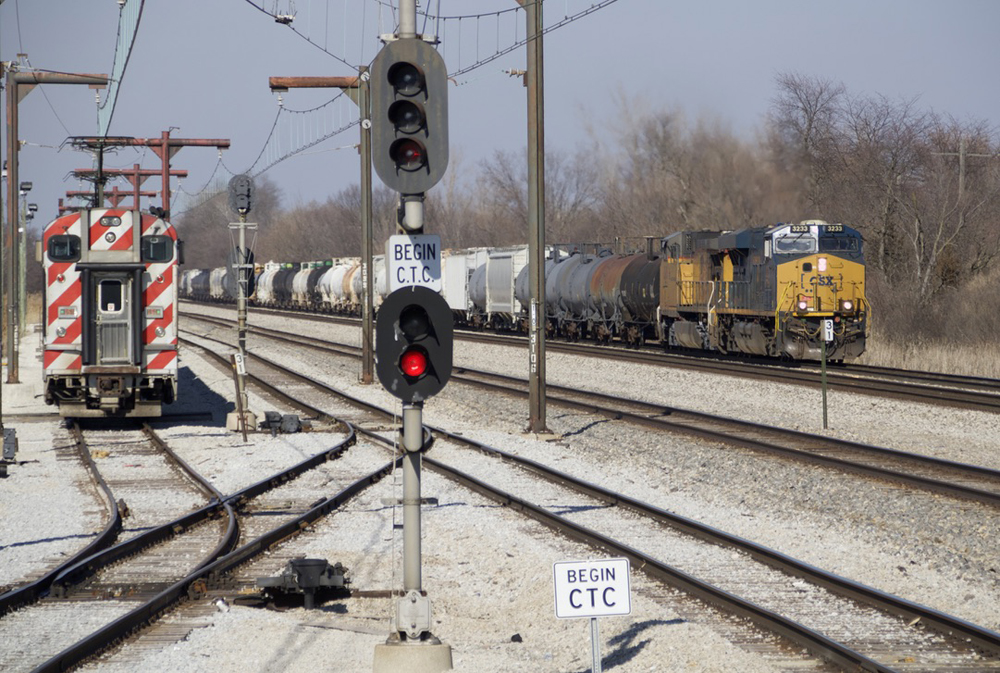




Some part of the USCG do good work, but like every government bureaucracy, they’ve got their share of drones, no talent, not bright.
John: very good comment.
It is strange that restrictions start June 21 and comment thru Aug 4. By time hearings are held the summer season will have ended by Oct whatever ? Damage already done.
In all of my reading of the coverage, Brightline, the USCG and many in the boating community had input into the modeling done to support the schedules on the bridge. So when this trial balloon came out from USCG at the last second, it surprised me completely becuase everything had been vetting pretty well with all parties.
Obvious that Rep. Mast has threatened the USCG on behalf of his constituents to get “something” to make it look like he is supporting them. A kind of “throw me a bone” by Mast to get the boating community off his back. Like the boating lawyer said, this is effectly a way to enforce an injunction before getting it infront of a judge.
Politics, just more politics.
You hit it on the head John. Mast does nothing that benefits his constituents, his track record is pretty much Vote No for every bill introduced in Congress. Then like the other GOP Florida members glad hands and says “look what I brought to you” when a new roadway or community center opens, paid for by Federal funds he Voted against.
This appears to be a political decision. If so, logic has that any input for any decision will be ignored. If most FEC freights have to stop how far will they have to proceed to return to max freight speeds? FEC has a low HP/trailing tonnage due to its very flat ROW. So, vehicles waiting near front of freight will have to wait even longer as the freight slowly accelerates till rear of freight clears.
Did not consider if a long freight on either side of bridge. Then one freight will have to wait for other to clear its CP.
This article proves that both the railroad and marine traffic can work together to come to a solution on bridge openings that can work for both parties. The Cost Guard needs to look at what’s been done on this other bridge before mandating requirements that may not work out for either party.